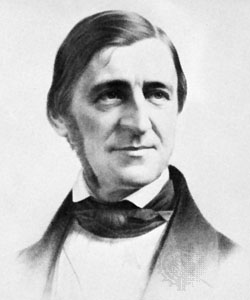The use of logos is a very important technique in persuading the reader to pay closer attention to their food choices. Kingsolver adds in multiple heath facts and statistics to help make her points. She explains food miles, which is the distance food goes from where it is grown or raised, to your own kitchen. Most food travels all around the world when it can easily be grown in your own backyard. Kingsolver contributes many of her personal life experiences of living on a farm as a child, which gives her logic about gardening and organic food. Pathos is also common in Kingsolver’s writings. She touches the hearts of many parents through her works by telling stories of her children and also subtly convicting them by asking, “don’t you want to do what is best for your children?” Because Kingsolver is a mother of two daughters, she knows what it is like to raise children in a world of bad eating habits and she can easily reach out to other parents who are going through the same problem.
Kingsolver also uses ethos in her writings. She earns credibility by not raising herself to a higher level than her audience. She admits to her shortcomings and assures us that she is not perfect. Kingsolver also uses her personal experience to make her more reliable and knowledgeable about eating healthy. Her tone is very gentle and loving, rather than rude and snotty. Since she went through a drastic food change, she could have chosen to act superior to other people, but instead she portrays herself as a normal human being. She doesn’t strictly tell us what we need to eat or make us feel bad about ourselves, but she does suggest a healthier lifestyle that would be more beneficial to our families. Her style is relaxed yet entertaining. She keeps the reader listening by using anecdotes and mixing in some witty jokes.
Kingsolver is an excellent persuader, informer, and role model in our world consumed with fast food unhealthy diets. She acts as a motherly figure towards her readers by making them feel comfortable yet warning them of the negative consequences of bad eating habits. Kingsolver simply wants us to be aware of our food’s origin and point us in the direction of healthier lifestyles.

